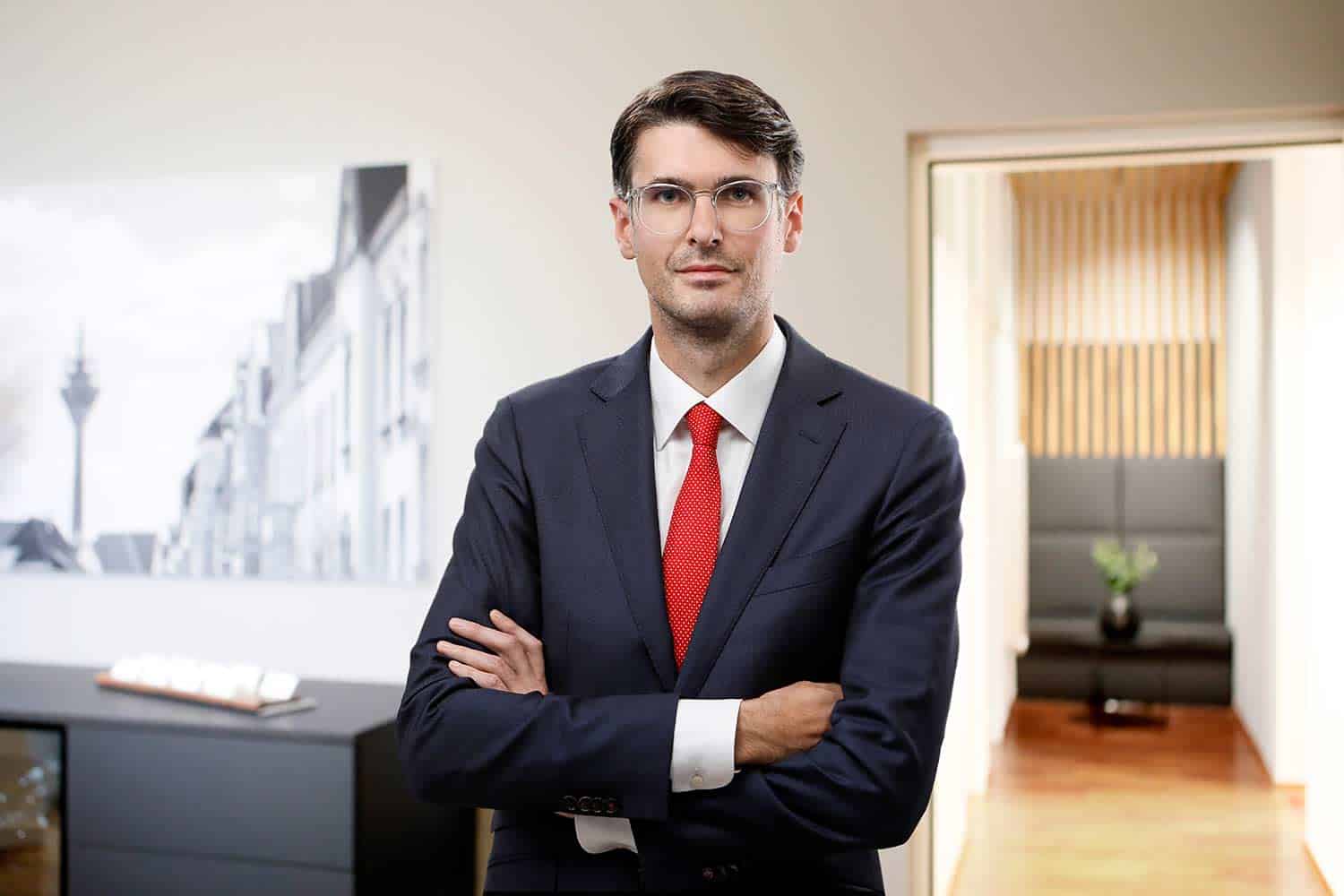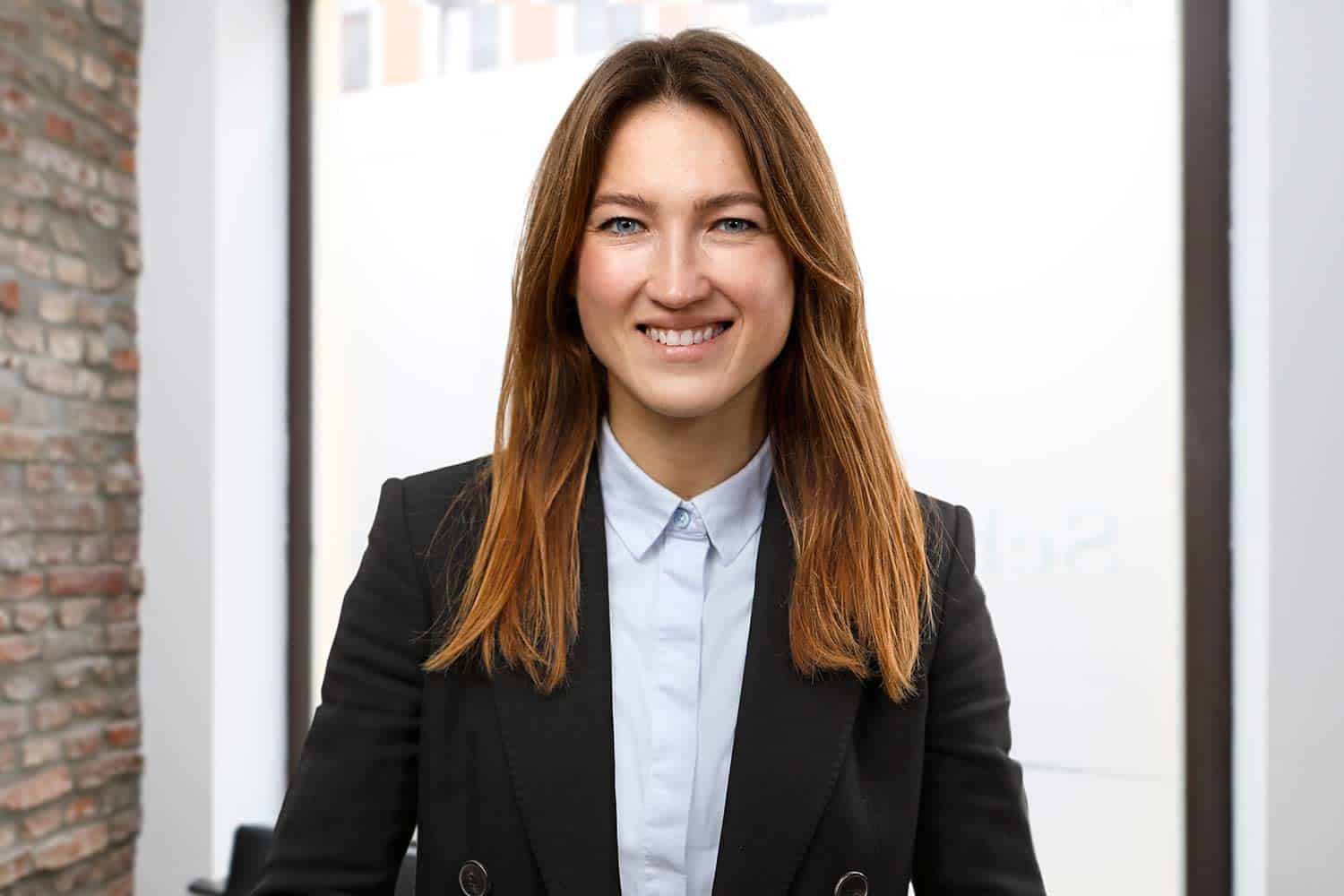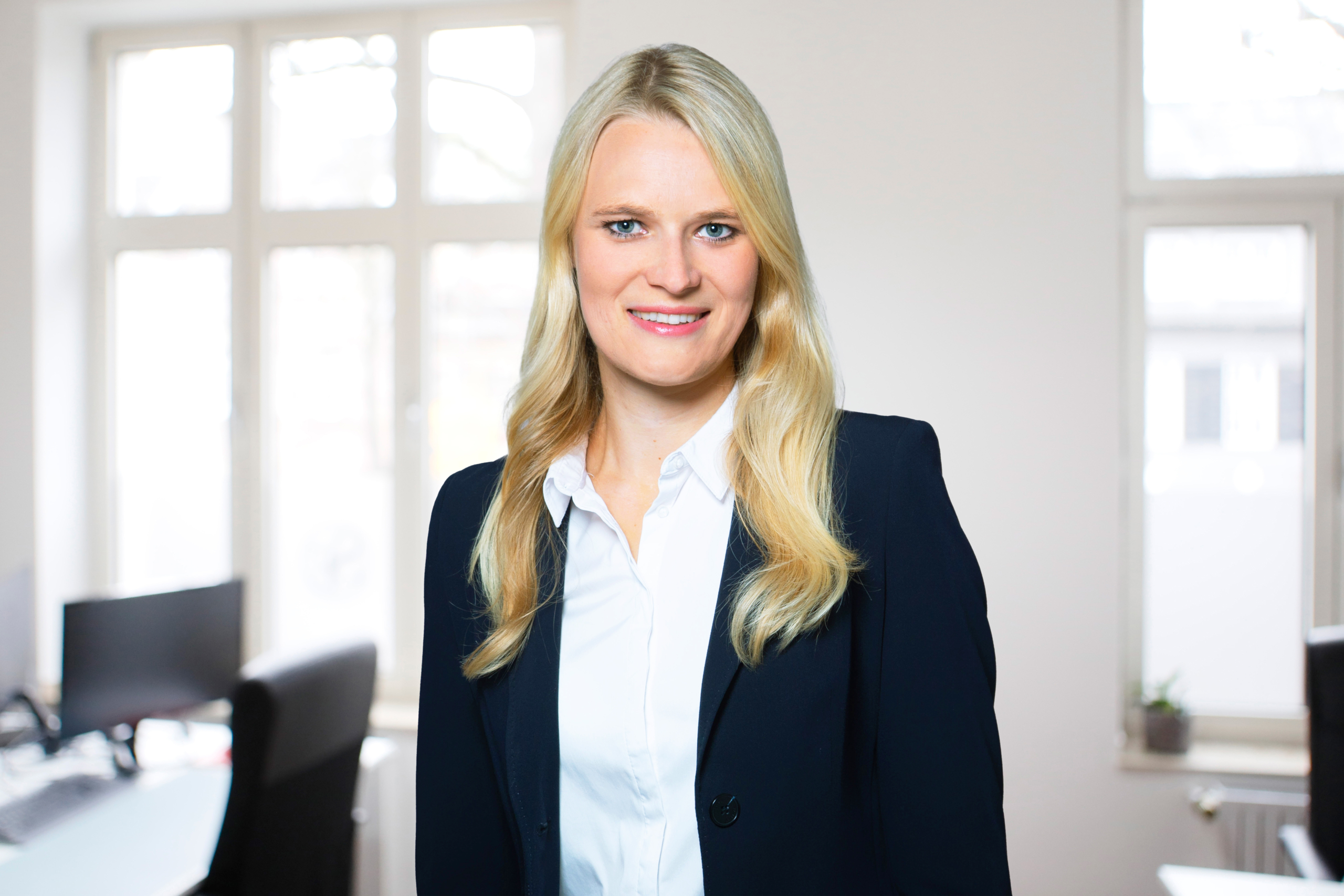Adoption from abroad offers the opportunity to create a family bond for children regardless of their origin. However, international regulations are not always compatible with German law, especially if the countries where the adoption takes place have unique religious characteristics. Particularly in non-Western countries, knowing the applicable religious regulations and checking their compatibility with the German legal system before seeking an adoption is essential.
Before the adoption of a child from an Islamic country of origin can be finalised, several criteria and formal requirements must be met.
To provide our clients with the necessary clarity regarding the procedure that awaits them here and the legal consequences of an adoption, the German law firm Schlun & Elseven Rechtsanwälte offers skilled and committed legal assistance. Our German family lawyers have extensive experience dealing with the relevant adoption agencies. They will ensure that the adoption process runs as smoothly as possible for you and that you fulfil all formal requirements. We are committed to ensuring that your rights and interests are always protected.
Adoption in Islamic Family Law – Recognition in Germany
Legal Basis for the Adoption of Foreign Children
Special regulations must be observed for adopting foreign children and adoption abroad. The German Adoption Convention Implementation Act (AdÜbAG) contains special regulations for adopting children living abroad by Germans. The Act on the Effects of Adoption as a Child under Foreign Law (AdWirkG) regulates the effects of adoption as a child under foreign law and the recognition of foreign adoption procedures in Germany. If the adoption is based on foreign law and the adoptive parents have a different nationality than the adopted child, not only the legal representative and, if applicable, the child itself, but also the family court must approve the adoption.
International Adoptions
International adoptions are adoptions which do not take place in Germany but in which a child living abroad is adopted by adoptive parents living in Germany. On the other hand, international adoptions are also those where the child is brought to Germany from abroad to be adopted in Germany.
The Hague Convention on Protection of Children and Co-Operation in Respect of Intercountry Adoption
The Hague Convention on Protection of Children and Co-Operation in Respect of Intercountry Adoption forms the legal basis for regulations on international adoptions. The member states of the Hague Convention have laid down specific standards that apply to the conduct of adoption proceedings. The Convention is intended to ensure that the central adoption agencies in Germany are involved in the adoption process from the outset. This involvement of the central adoption agencies simplifies the adoption process considerably. The adoption decisions between the member states of the Hague Convention are then automatically recognised.
These regulations do not, therefore, apply to third countries that have not ratified the Hague Adoption Convention. Third-country cooperation with German adoption agencies is not guaranteed. The lack of involvement of the German authorities and the absence of uniform legal standards make the recognition of foreign adoptions considerably more difficult. Adoptive parents should contact a recognised placement agency themselves at an early stage to speed up the process.
The experienced legal experts at our law firm will be happy to guide you through the entire adoption process and take care of communication with the relevant authorities on your behalf. Our experienced team constantly keeps an eye on all internationally applicable regulations and considers the legal particularities of the respective country of adoption.
Furthermore, third-country adoptions must be declared effective through a recognition procedure in Germany. However, this can cause particular difficulties, especially for the adopted child’s entry into Germany: If an entry visa is required for the child, the adoption must usually first be recognised in Germany. This will not be possible, at least shortly after the adoption, due to the lack of a corresponding decision in Germany. The recognition procedure can take several months: The procedure can be expected to take up to over a year.
According to Section 7 AdWirkG, the foreign adoption decision is then provisionally recognised until the recognition procedure has been completed unless recognition is exceptionally excluded according to German regulations.
Adoptions abroad generally represent an emotional burden and a considerable legal challenge. In particular, the determination of responsibilities and the applicable law, which must also consider EU regulations and international agreements, can prove to be problematic.
At Schlun & Elseven Rechtsanwälte, we provide the necessary legal advice to ensure legal clarity. Our German family lawyers have in-depth German and international family law expertise based on many years of experience in assisting clients of different nationalities. If your family law matter involves international aspects alongside German law, please do not hesitate to contact us. Our English-speaking lawyers look forward to working with you.
Prohibition of Adoption under Islamic Law
The Islamic approach to adoption generally differs fundamentally from procedures and practices in other non-Muslim countries. Adoption according to Western understanding – as under German law, for example – is not recognised in Islam. Of course, there are also different views and interpretations of the prohibition of adoption within the Islamic religion. However, there is a consensus that at least the concept of adoption is not recognised according to Western understanding and that Islam prohibits such an “adoption”.
However, it is expressly permitted and even desirable to look after another child who is not your biological child. This is referred to in Arabic as الكفالة (kafala). The “kafala” refers to guardianship and is translated as “sponsorship“.
There are generally two forms of kafala – the “kafala judiciaire” and the “kafala adoulaire”. Depending on the region, different regulations apply to guardianship.
Muslim Guardianship “Kafala” – Recognition under German Law
According to the European Court of Justice (ECJ), Muslim guardianship, “Kafala” in Arabic, is not to be equated with adoption. A kafala under Islamic law is roughly equivalent to a foster relationship with guardianship transferred to the foster parents. A minor for whom an EU citizen has assumed guardianship following the rules of the Arab kafala cannot be regarded as a “relative in the direct descending line” of this EU citizen. However, the Member State where the EU citizen resides must facilitate the child’s entry after assessing all the circumstances.
Following Article 20 (3) of the Convention on the Rights of the Child of the UN Convention on the Rights of the Child, other forms of care include placement in a foster family, kafala under Islamic law, adoption or, if necessary, placement in a suitable childcare facility. The choice between these solutions must consider the desired continuity of the child’s upbringing and ethnic, religious, cultural, and linguistic background. This cross-border placement of the child with kafala carers living in Germany requires a consultation and consent procedure under Art. 33 of the Hague Convention on Parental Responsibility and Protection of Children.
Therefore, it is possible to bring the so-called “Kafala children” to Germany and take them in. However, this procedure is not legally equivalent to an adoption but should be treated as a foster relationship. Which legal relationship is to be assumed always depends on the specific situation and must be considered on a case-by-case basis.
The procedure is usually very complex and lengthy. However, there are legal options to speed up the process. At Schlun & Elseven Rechtsanwälte, our lawyers are widely experienced in dealing with the German authorities involved, and will support you with understanding and compassion during this challenging time. Our team will ensure that the best possible outcome is achieved — for the benefit of your adopted child and your family.

Practice Group: German Family Law
Practice Group:
German Family Law
Contact our Lawyers for German Family Law
Please use our online form to outline your request to us. After receiving your request, we will make a brief initial assessment based on the facts described and provide you with a cost offer. You can then decide whether you would like to engage our services.








